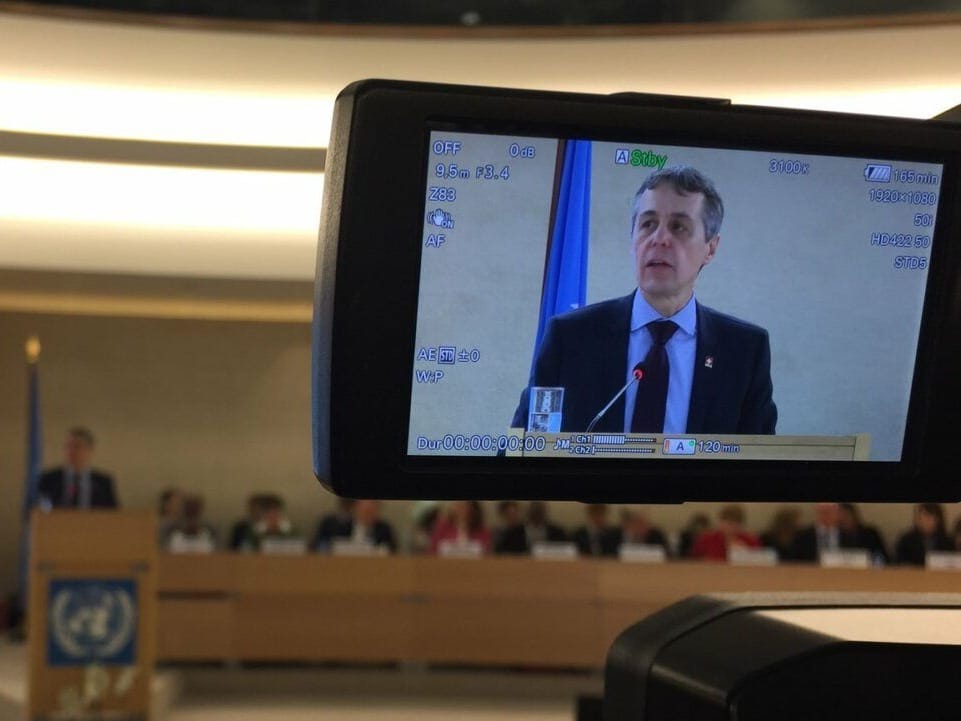GENEVA (AN) — Opening its new session, the world's foremost body for encouraging human rights got a dismal message: U.N. leaders saw a rise in hatred and retreat in progress globally.
"The human rights agenda is losing ground in many parts of the globe — but I am not losing hope," U.N. Secretary-General António Guterres cautioned the U.N. Human Rights Council.









